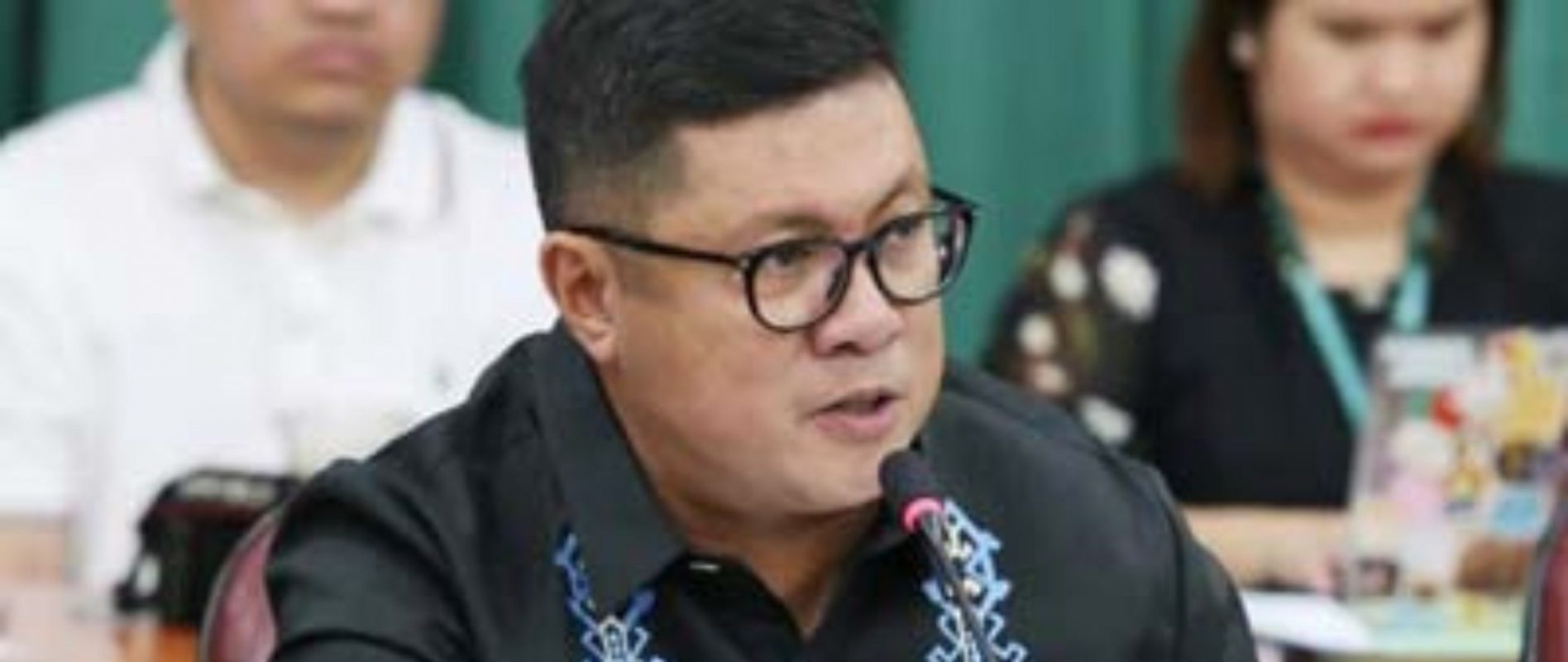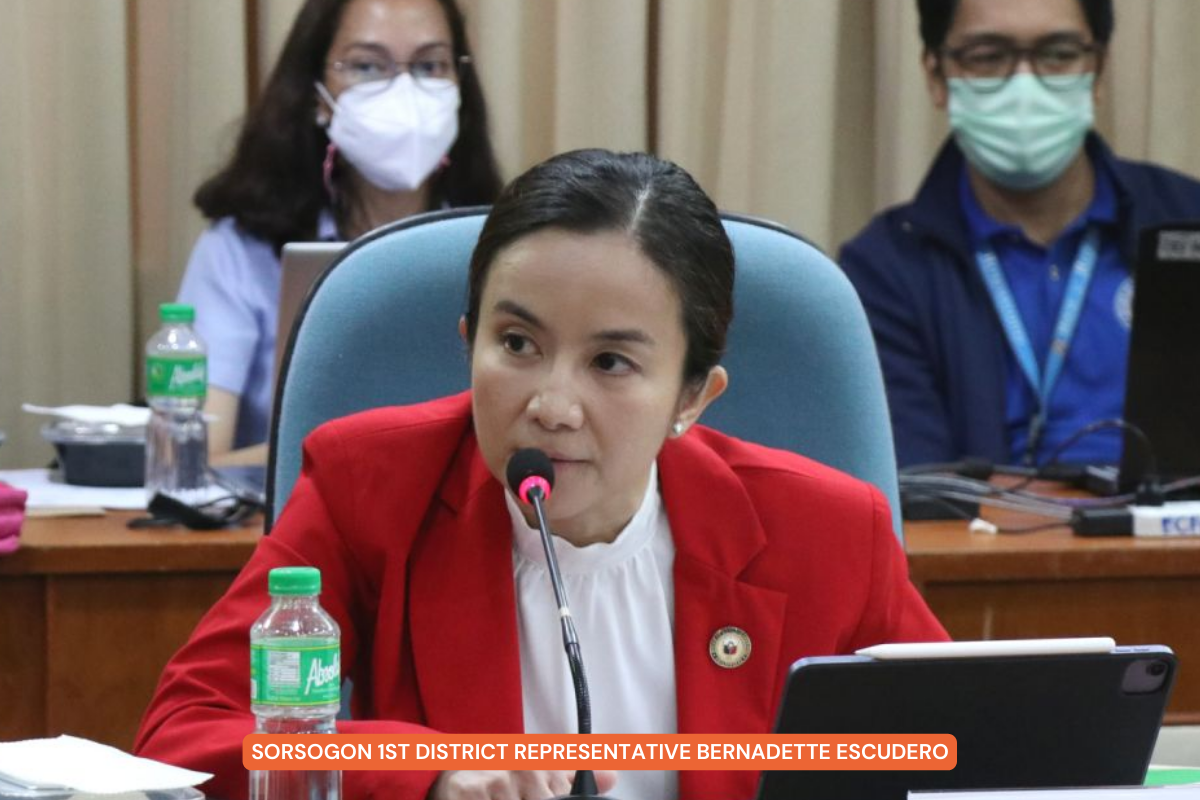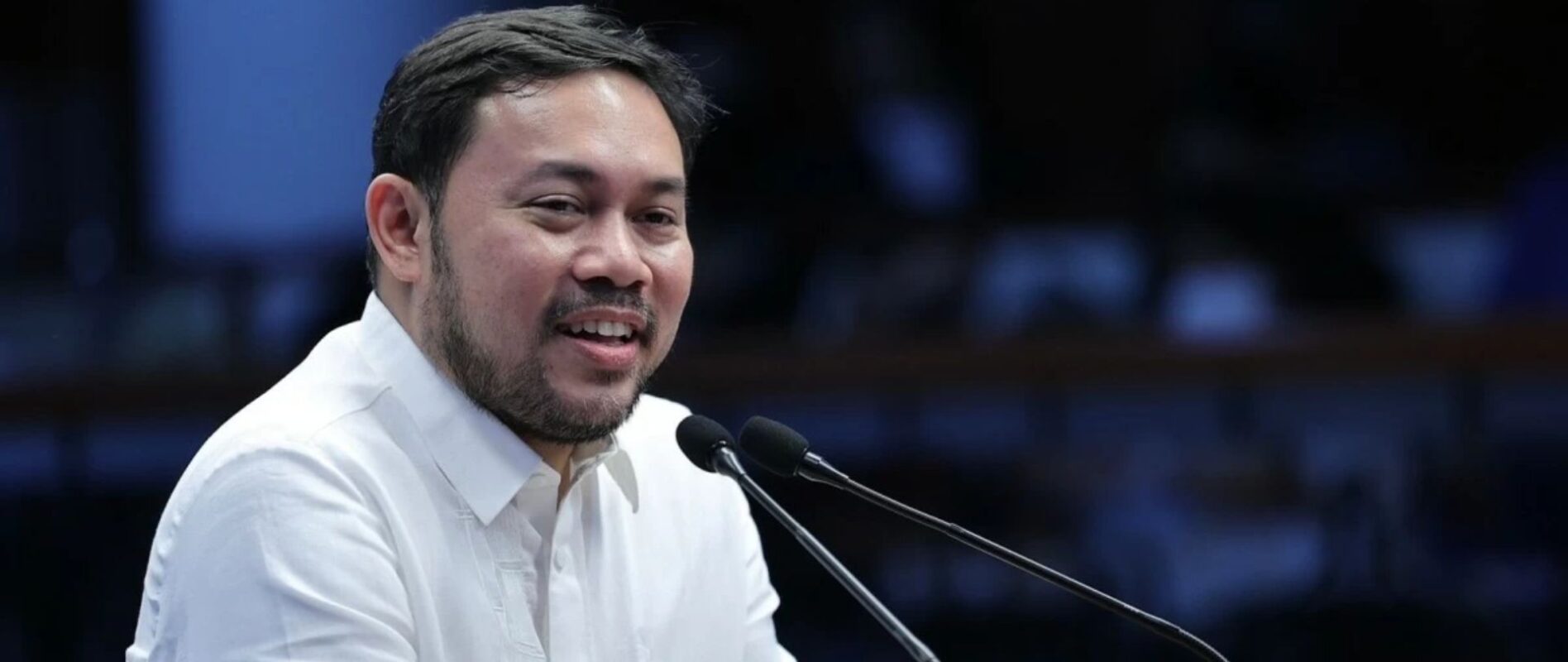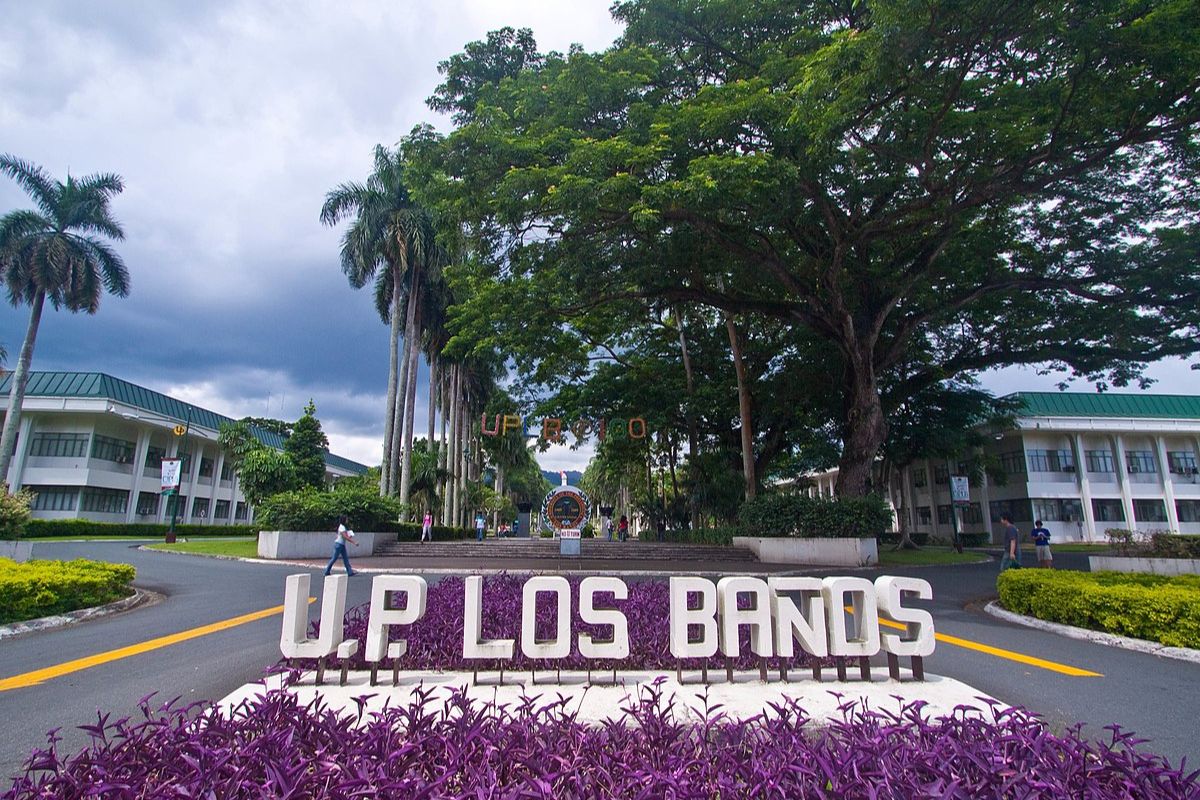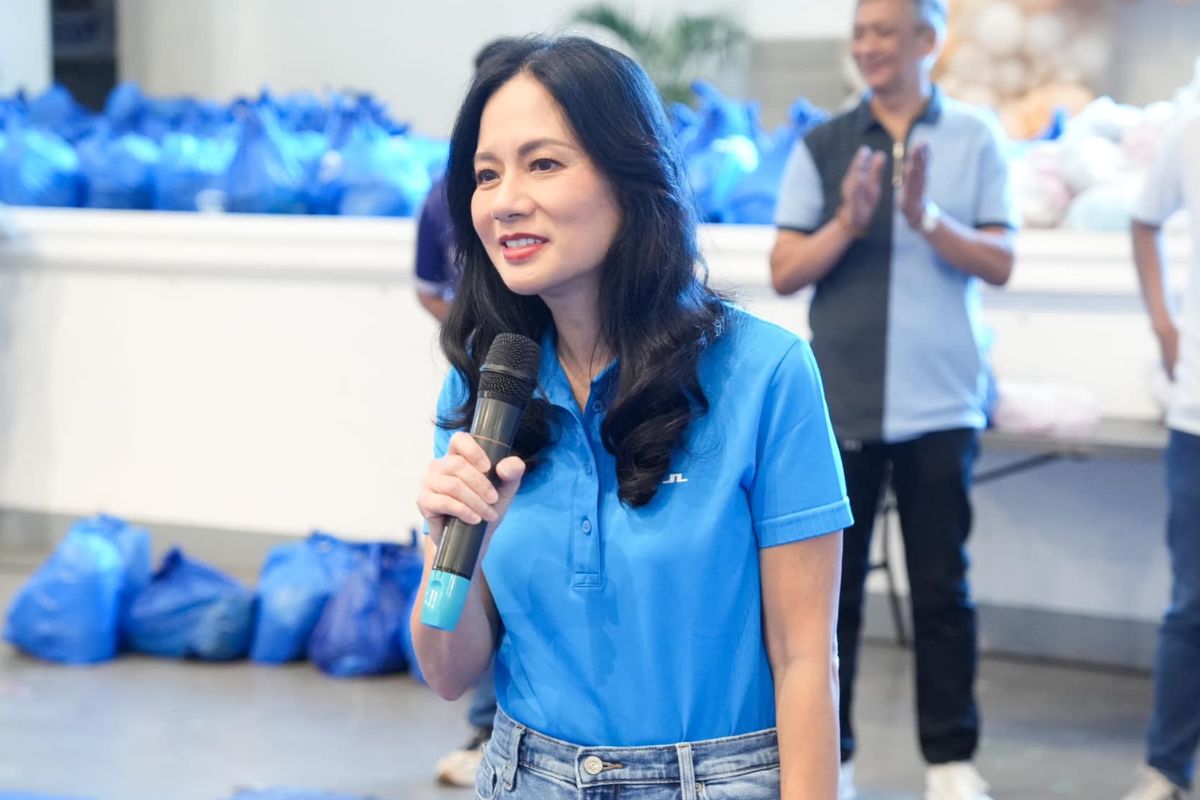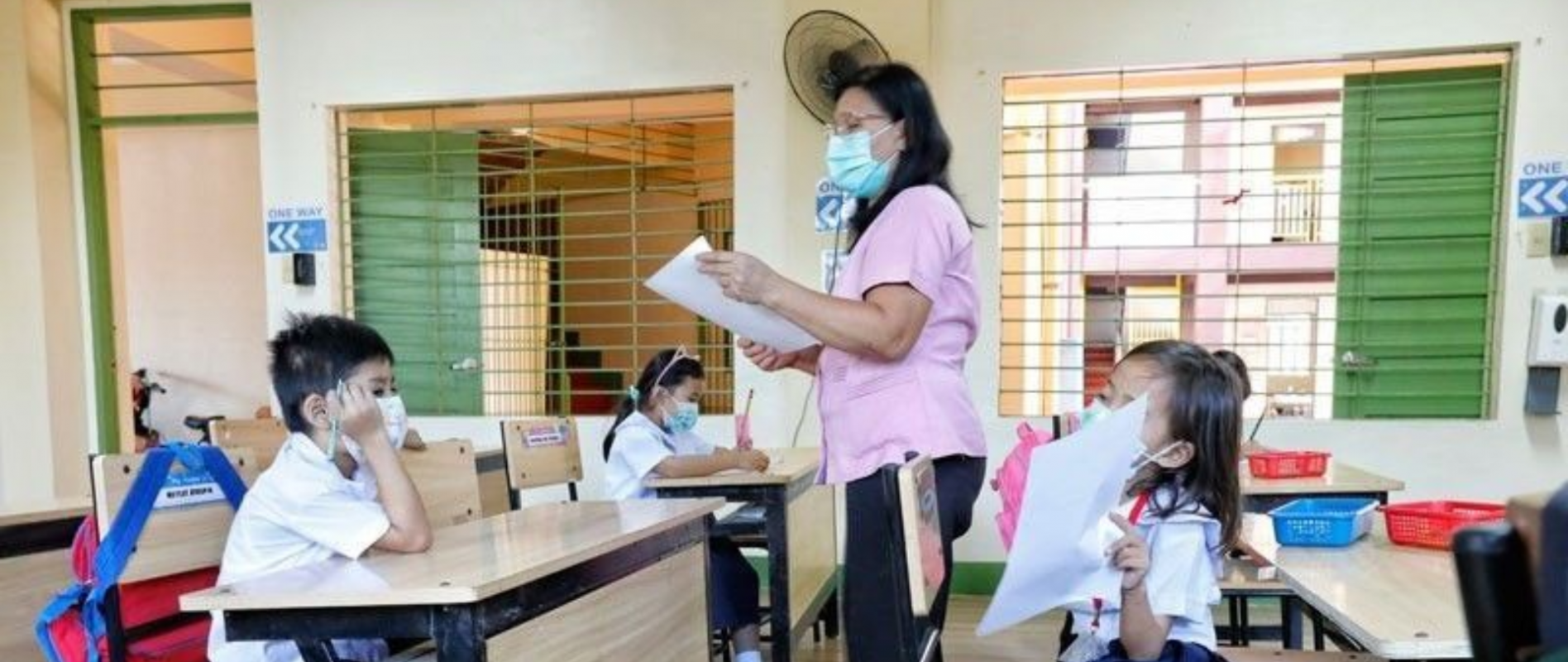SOLON PUSHES FOR P5K ANNUAL STUDENT ALLOWANCE, P10K INCENTIVE FOR TOP PERFORMERS
/ 16 November 2025
PARAÑAQUE City 2nd District Rep. Brian Raymund Yamsuan is seeking to provide financial support to millions of Filipino learners through an annual student allowance and an incentive package for high academic performers.
Yamsuan has filed House Bill 2657, which proposes a P5,000 yearly stipend for all qualified students in public and private elementary, high school, and college institutions.
The measure also grants a P10,000 incentive to students who excel academically, such as dean’s listers, at the start of every school year.
Yamsuan said the initiative—called the BAON Para sa Estudyante Act, short for Bigay Ayuda at Oportunidad sa Nakababata—aims to ensure that students have the resources they need to stay in school and complete their studies.
“The stipend we are proposing should not be seen as a doleout. Hindi po ito ayuda kundi investment in our country’s greatest asset—our people, most especially our youth,” Yamsuan said.
Under HB 2657, the program will cover learners from elementary to college, including those enrolled in the Alternative Learning System.
Yamsuan emphasized that investing in education provides long-term benefits for both individuals and the nation.
“I am reminded of the proverb that says: ‘Give a man a fish and you feed him for a day; teach a man to fish and you feed him for a lifetime.’ The BAON Para sa Estudyante Act is a program that would enable our students to learn how to fish,” he said. “We are simply equipping our children with the means to shape their own future and create opportunities for themselves and their communities.”
Yamsuan acknowledged that funding the program would be costly but maintained that its long-term benefits—such as a well-informed, educated citizenry—would outweigh the budgetary requirements.
To ensure fairness, the bill instructs the Department of Education and the Commission on Higher Education to adopt a tiered system based on income brackets, prioritizing students with the greatest financial need.
He stressed that despite free tuition in public schools and available scholarships in private institutions, many families still struggle with day-to-day school expenses, including uniforms, transportation, food, books, and other learning materials.
Drawing from personal experience, Yamsuan recalled working part-time in college to cover school-related costs even as a scholar. He noted that a localized version of the BAON program in Parañaque’s second district has already helped some 3,600 students continue their studies despite financial difficulties, while also providing relief to solo parents.
“Other student beneficiaries said the grant will help them cover expenses for transportation and food during their final examinations, as well as school supplies needed for degree programs that require additional materials, such as architecture and engineering,” he added.
DepEd’s latest data shows 24.9 million enrollees in elementary, junior high school, and senior high school for School Year 2025–2026—highlighting the potential reach of the proposed national program.

